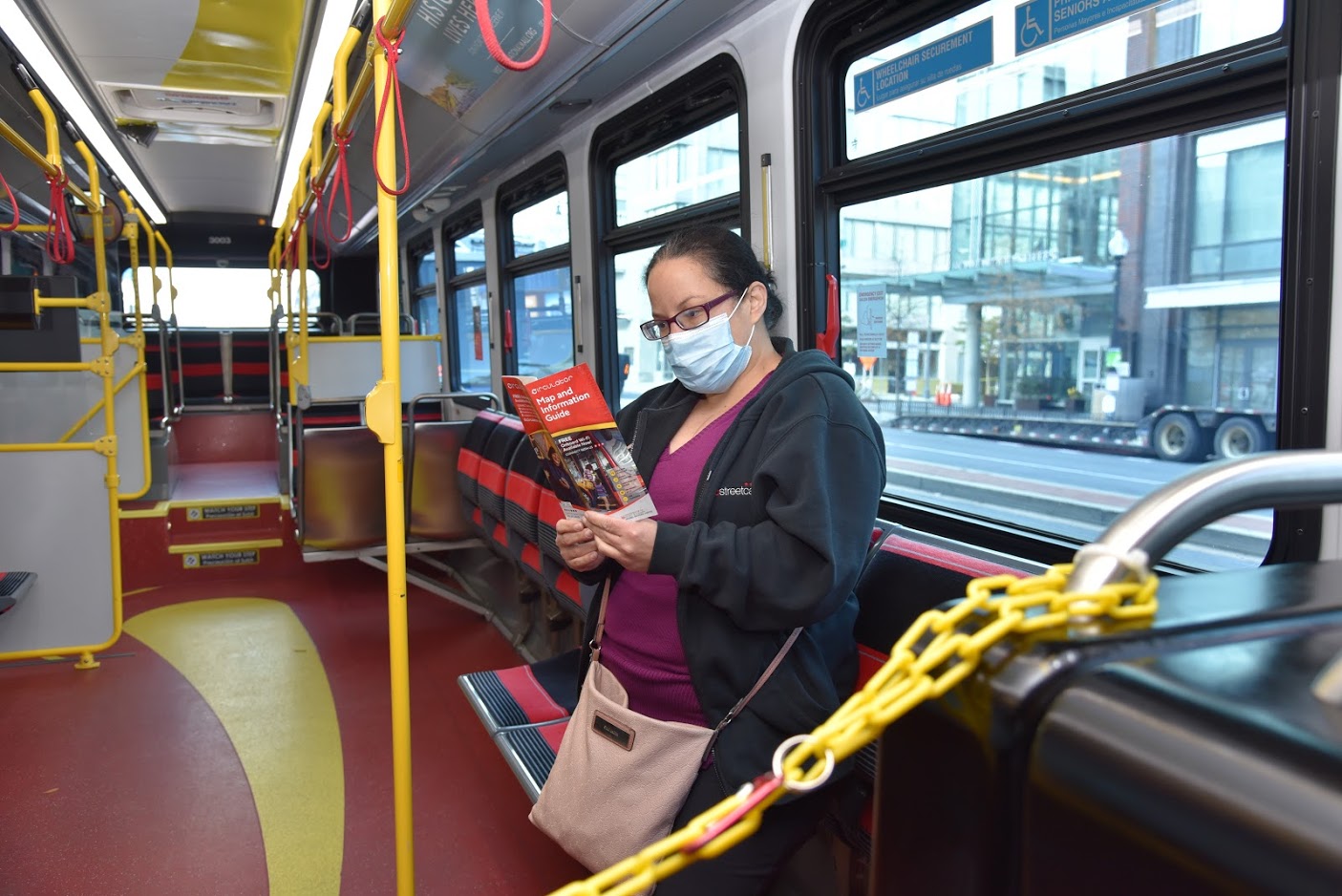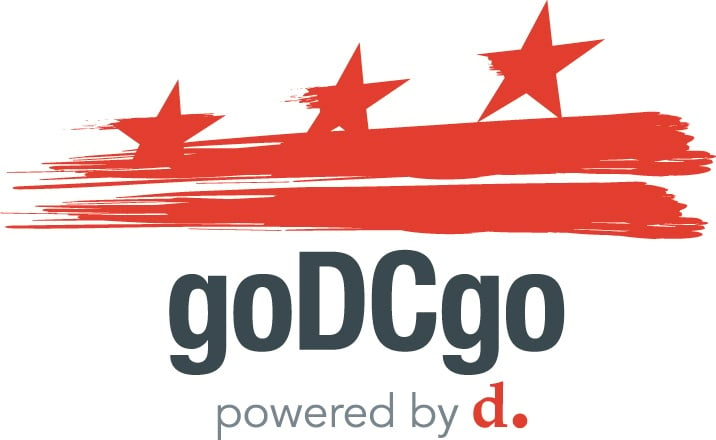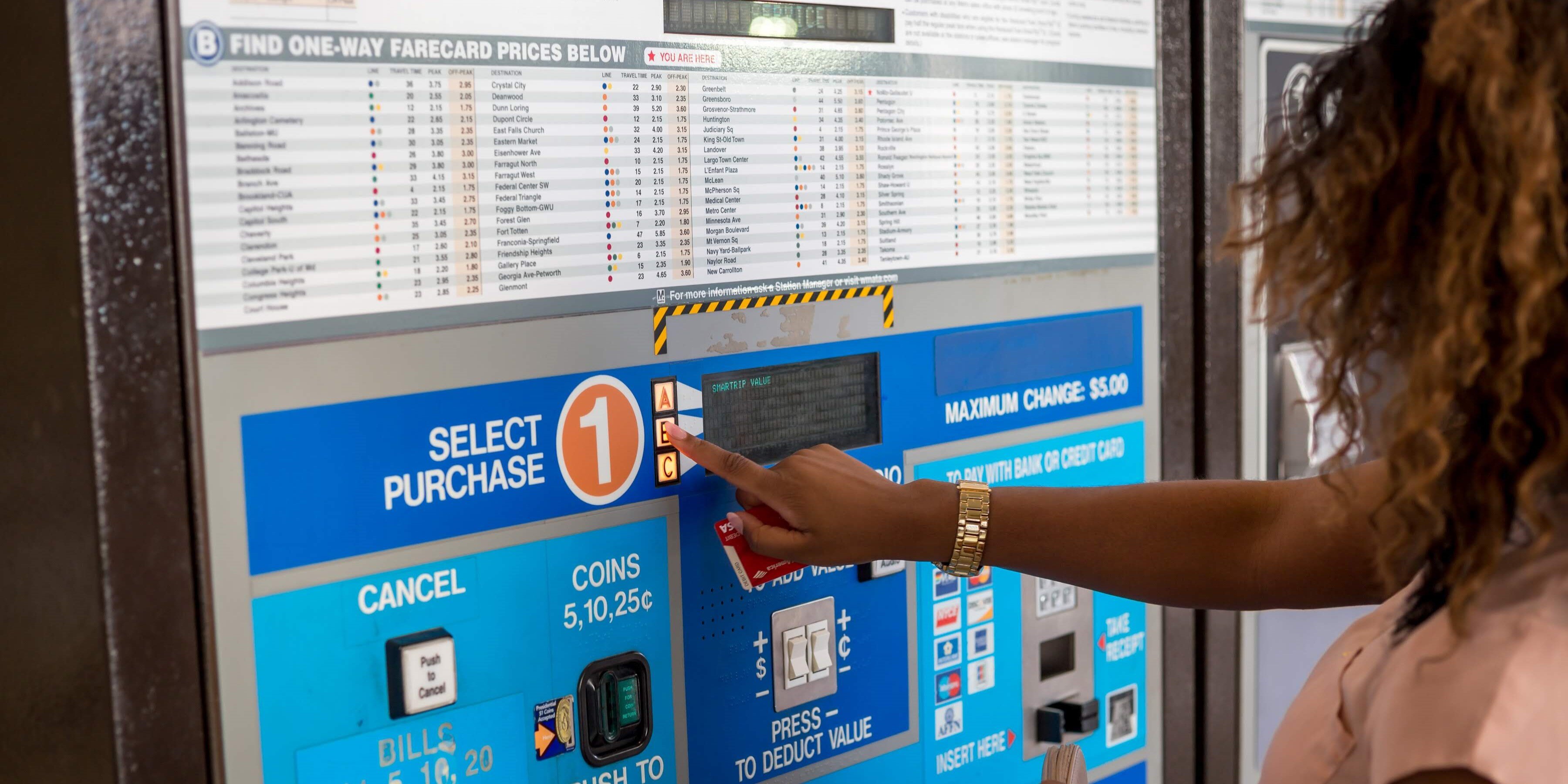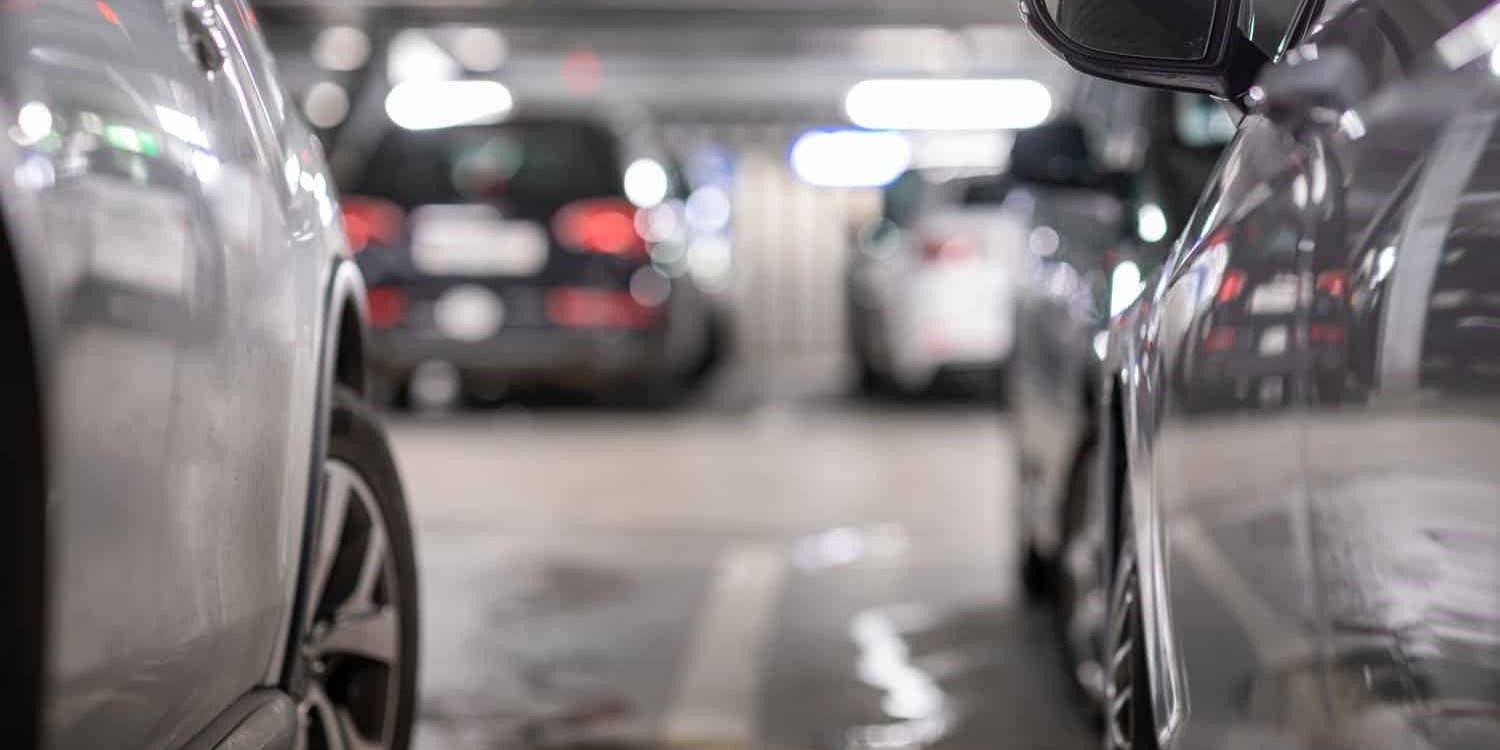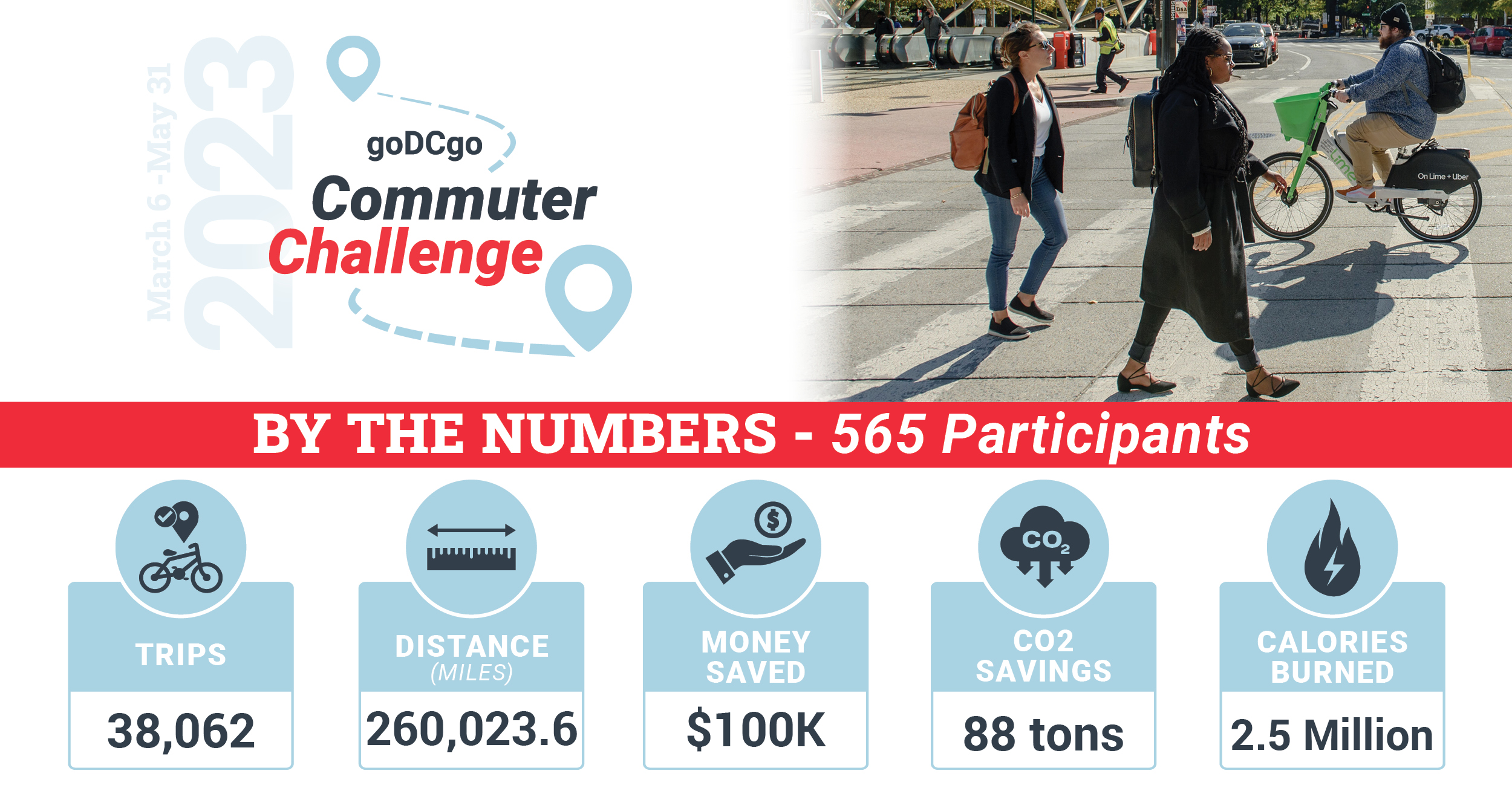Many unsung heroes of the pandemic are our low-wage workers. More than 53 million people, or 44 percent of all workers ages 18 to 64 in the United States, earn low hourly wages. According to the Brookings Institute, a low wage is $17.26/hour, which working full-time equates to roughly $36,000/year. These are people who work at grocery stores, restaurants, and retail establishments; in building security; and at countless other jobs.
Comparatively, the U.S. Department of Housing and Urban Development reports that the Washington Metropolitan Statistical Area Median Family Income for a household of four is $121,300. Kiplinger, USA Today, Bungalow, and many other rating organizations rank Washington, DC as one of the most expensive cities to live in the US. This high cost of living has a huge impact on the choices low wage workers make with regards to where and how they live and how they travel throughout DC and the larger region.
According to Census Bureau 2019 ACS Data, the median rent in Washington, DC was $1603/month. One can deduce that many low-wage workers who live in DC have roommates, as DC Curbed reported the average rent of a 2-bedroom apartment is $3100/month. For people living in Maryland or Virginia where housing costs can be lower, they will have an increase in transportation costs and a shifting public transportation landscape that can be attributed to the pandemic. According to the Bureau of Labor Statistics, the average annual transportation costs in the DC area can add up to $13,000/year.
To illustrate this further, we’ve created a fictional narrative of a low-wage worker to demonstrate the choices he makes to have a decent quality of life.
“Khalil”, a 30-something Washingtonian, is currently working a $15/hour job in the restaurant industry. Khalil’s day begins at his one-bedroom apartment in Petworth that he shares with his partner. Fortunately, he can split the $1700/month rent, yet other low-wage workers are not as lucky. He is off to the bus stop to take the 70 Metrobus to Silver Spring. He did not always take the bus; when he first started his job, he drove daily. However, after experiencing the cost of parking and gas, he decided to switch to public transportation that led to a cost savings of $6/day. Although Khalil tries to keep his transportation costs as low as possible, it is a challenge when he works a shift that involves closing the restaurant and opts to take Uber or Lyft home at a cost of around $12. This means less earnings for the day, which is typically around $120. While Khalil is a fictional person, his story is very real and may be similar to the lives of some of your employees. As an employer, there are ways you can lessen the load of their transportation costs.
Commuter Pre-Tax Benefits
With employer-paid commuter transit benefits, employees have the option to set aside up to $270 per month in pre-tax dollars from their paycheck each month for their transit and vanpool expenses. By doing so, taxable income is reduced, which translates to a savings of up to 40 percent on daily commute costs.
https://godcgo.com/wp-content/uploads/2020/01/Employer-Commuter-Benefits-Toolkit-2020.pdf
Capital Bikeshare Corporate Membership
Capital Bikeshare has a combination of over 5,200 bikes and ebikes distributed over 600 stations throughout the DC area. While Metrorail and other public transit has a closing time, Capital Bikeshare is open 24 hours a day. Their corporate program may be a great fit for your organization. A typical annual membership costs $85. By signing up for a corporate membership, employers can offer Capital Bikeshare to employees as a low or no cost benefit. You can learn more at the link below.
https://www.capitalbikeshare.com/corporate
Subsidize Employee’s Transportation Costs
As an employer, you can be creative in devising an incentive/awards program or offer transit subsidies. To learn more about how goDCgo can assist you with commuter solutions for your organization, please contact Matt Jones at matthew.jones@godcgo.com.


